Academic Staff
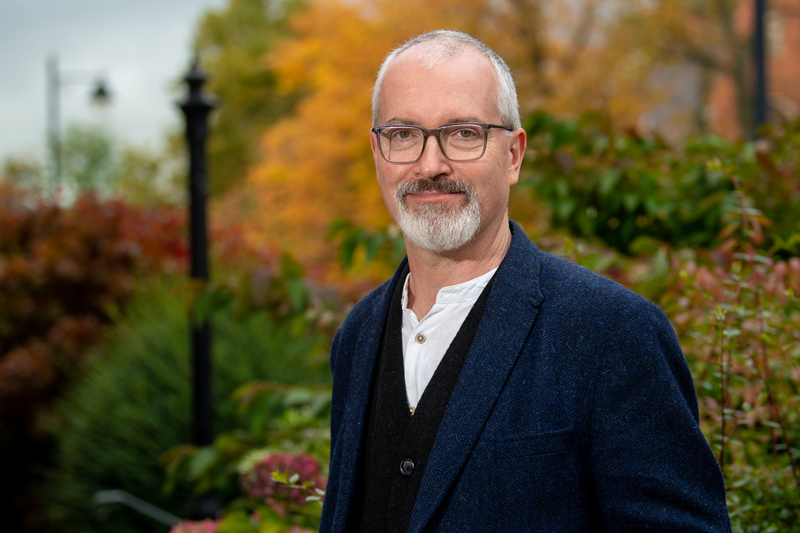
Richard is Director of the Mitchell Institute, and a Professor of Politics at Queen's University. His research focuses on political violence and on nationalism, his books including the award-winning studies Armed Struggle: The History of the IRA (2003) and Irish Freedom: The History of Nationalism in Ireland (2006).
He is a Fellow of the British Academy, a Member of the Royal Irish Academy, a Fellow of the Royal Society of Edinburgh, a Member of Academia Europaea, and a Fellow of the Royal Historical Society. In 2019 he was awarded the Royal Irish Academy's Gold Medal in the Social Sciences.
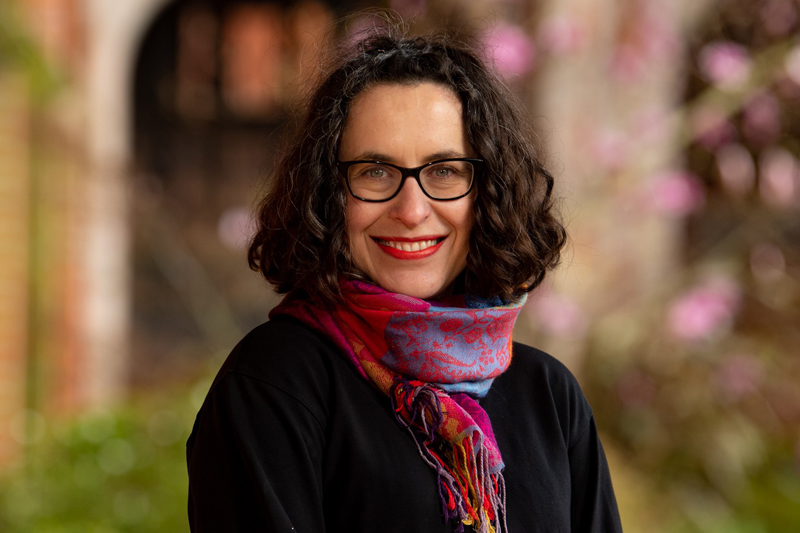
Louise is a Professor of Law and Deputy Director of the Mitchell Institute. Professor Mallinder's research focuses on the intersections of law and peace, and includes transitional justice, human rights, international law, and amnesty laws. Her books include the award-winning Amnesties, Human Rights and Political Transitions (Hart 2009) and the co-authored Lawyers in Conflict and Transition (CUP 2022). Louise is currently co-editing The Elgar Concise Encyclopedia on Law and Peace (with L. Dempster and R. Killean).
She is a Fellow of the Academy of Social Sciences and a member of the Institute for Integrated Transitions Law and Peace Practice Group.
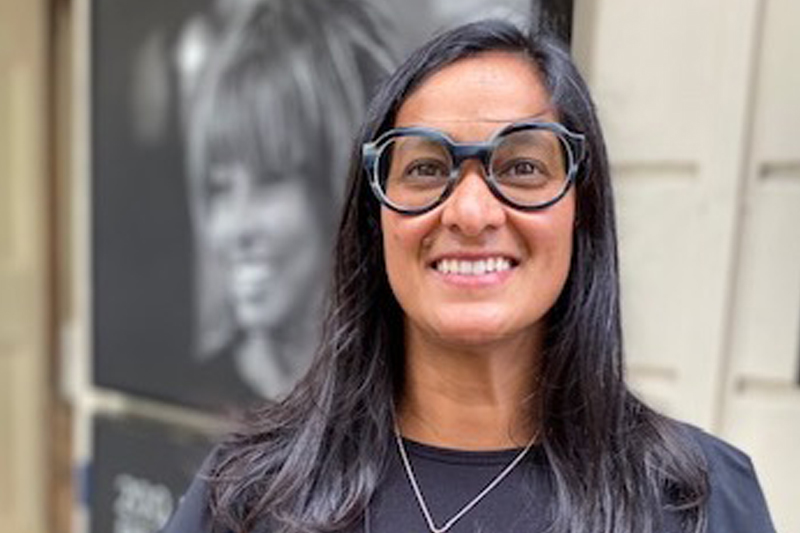
Marsha is the Secretary Hillary Rodham Clinton Chair in Women, Peace, Security and Justice at the Mitchell Institute.
Professor Henry's research focuses on gender, peace, and security; gender and militarisation; gender and development; and intersectional feminist methodologies. She has published in a range of leading journals including Security Dialogue; Qualitative Research; Conflict, Security and Development and Globalizations. Over the past 20 years, her research has concentrated on documenting the social experiences of living and working in peacekeeping missions. Her book on this ethnographic-inspired research, The End of Peacekeeping: Gender, Race, and the Martial Politics of Intervention, University of Pennsylvania Press is published in April 2024.
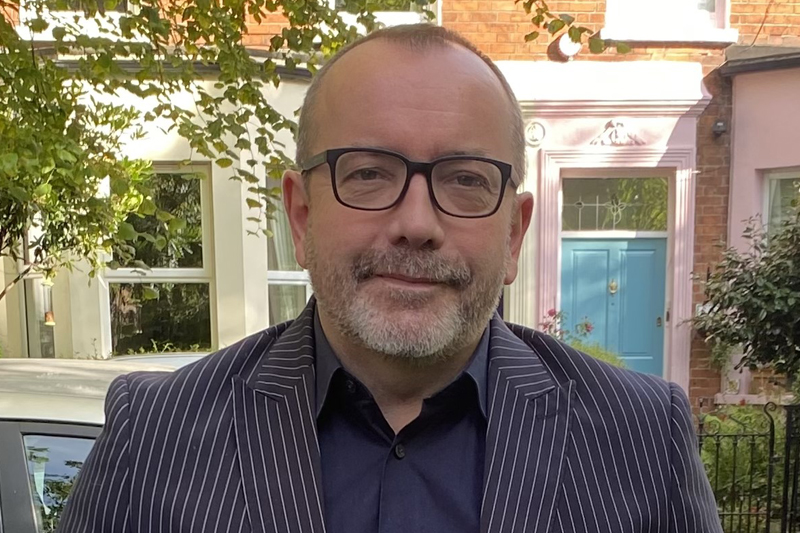
Kieran is the Senator George J. Mitchell Chair in Peace, Security and Justice at the Mitchell Institute and a Professor of Law and Transitional Justice.
He is a Fellow of the British Academy and a member of the Royal Irish Academy. He has authored or co-authored four books, co-edited eight books or special issues and over seventy journal articles and scholarly book chapters. His research interests include human rights, transitional justice, restorative justice, prisons, apologies, armed groups and the role of lawyers. He has been Principle Investigator or Co-Investigator on 10 UKRI-funded projects and is currently a Leverhulme Major Research Fellow (2023-26).
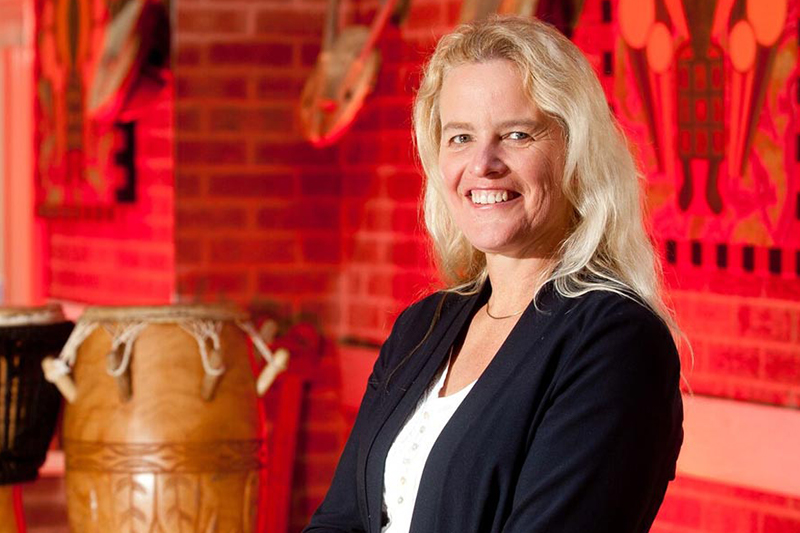
A Professor of Anthropology, Fiona’s research examines value conflicts in Australian Aboriginal domestic moral economy & the effects of art in reparation & reconciliation processes.
She is the author or editor of seven books, including Christianity, Conflict and Renewal in the Australia Pacific (2016), as well as more than fifty chapters and journal articles. She has held positions as Chair of the Anthropological Association of Ireland and Vice-President of the Australian Anthropological Society.
